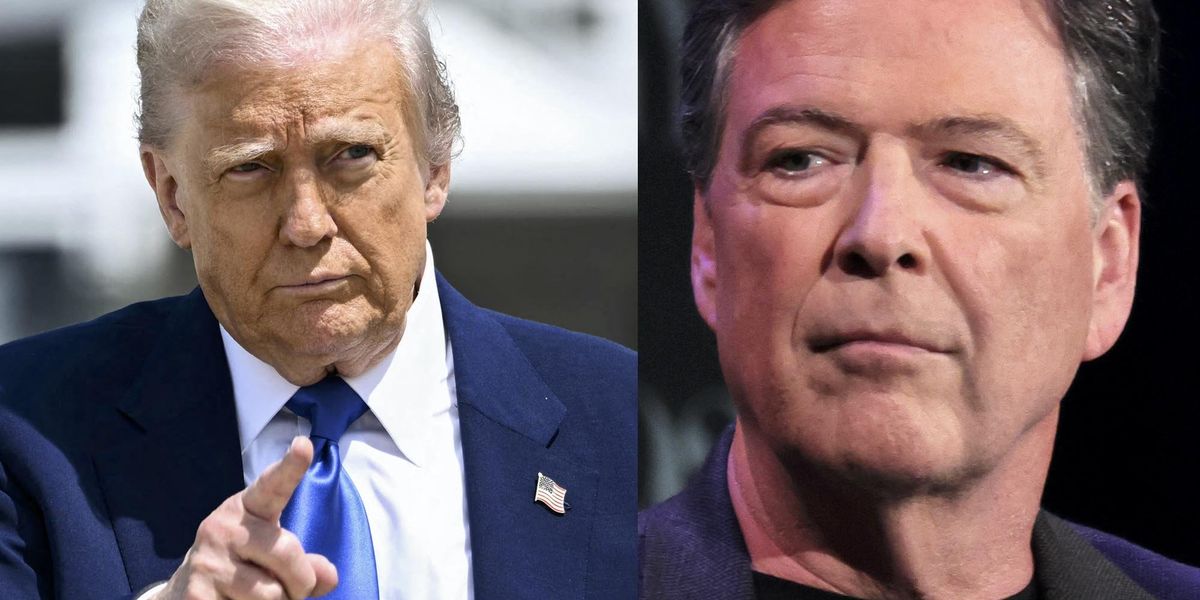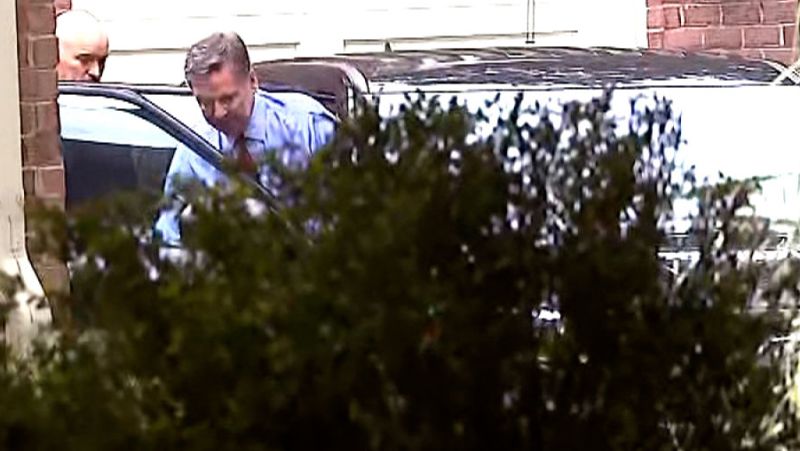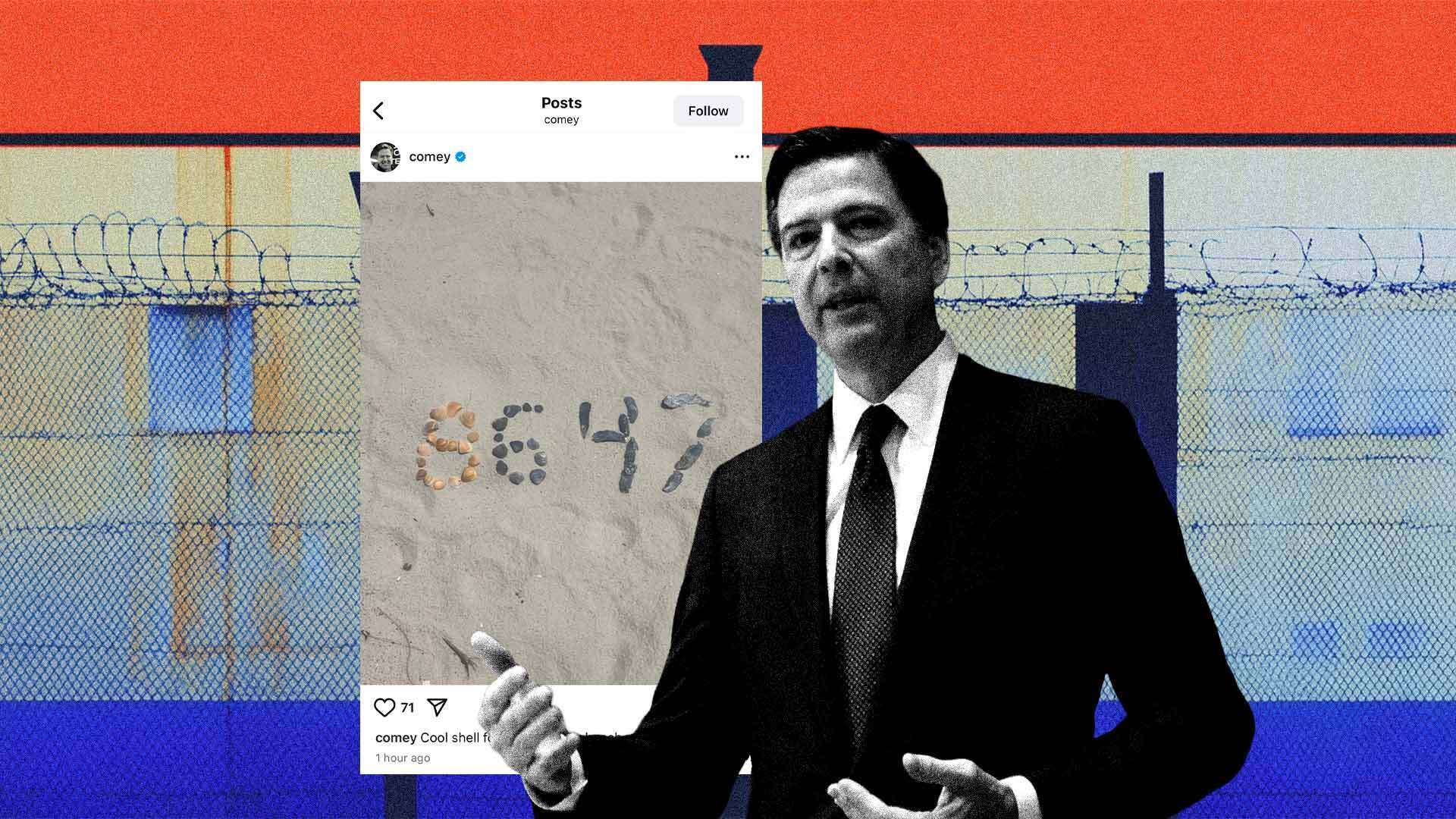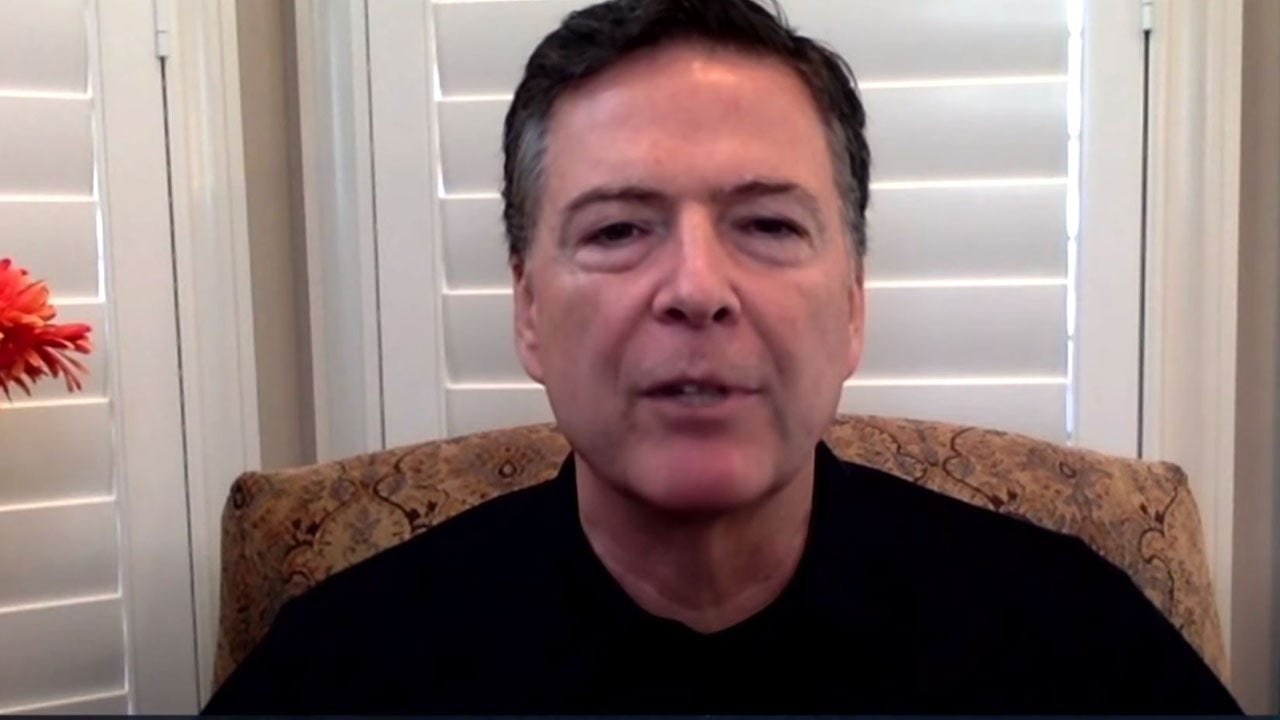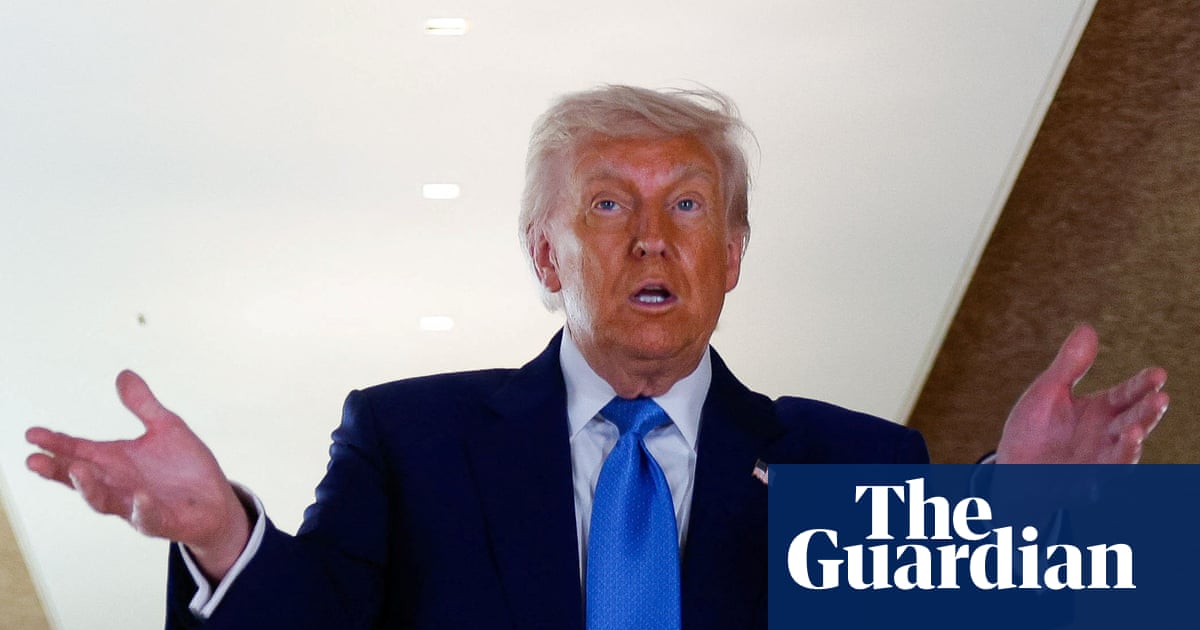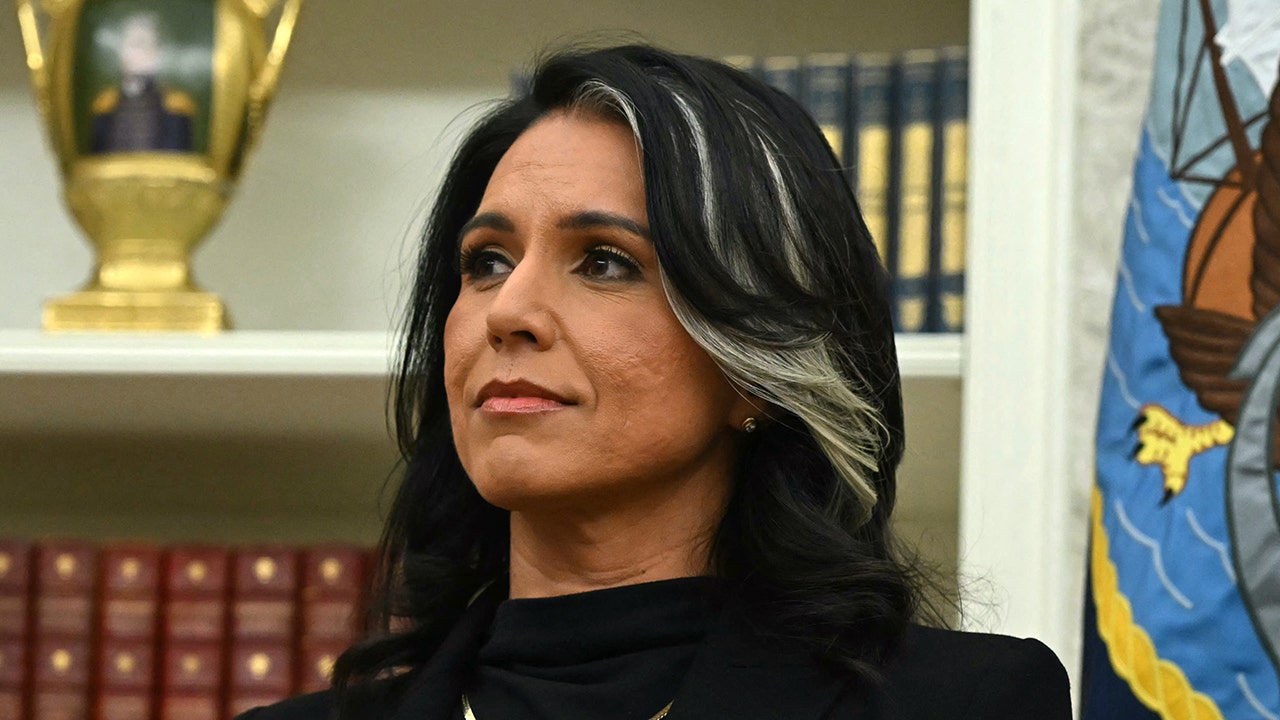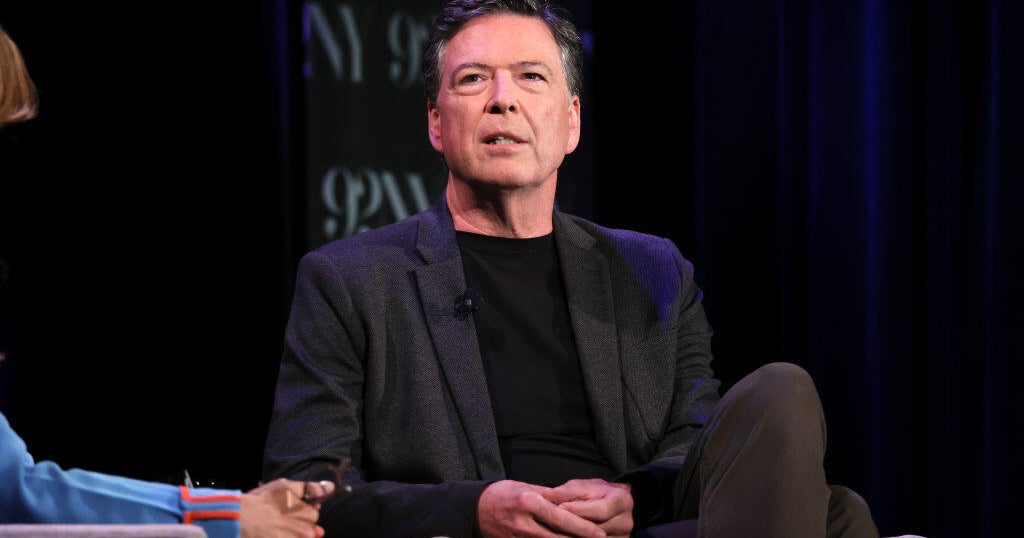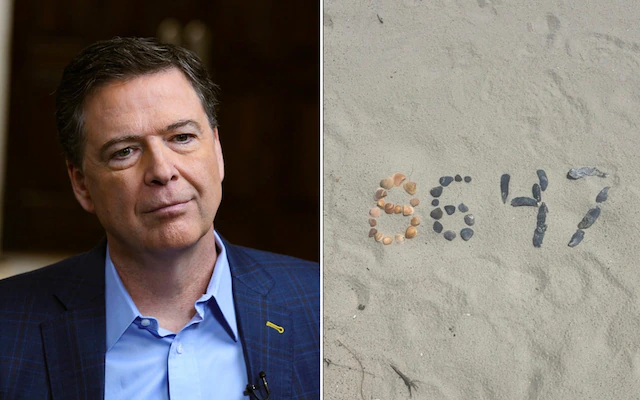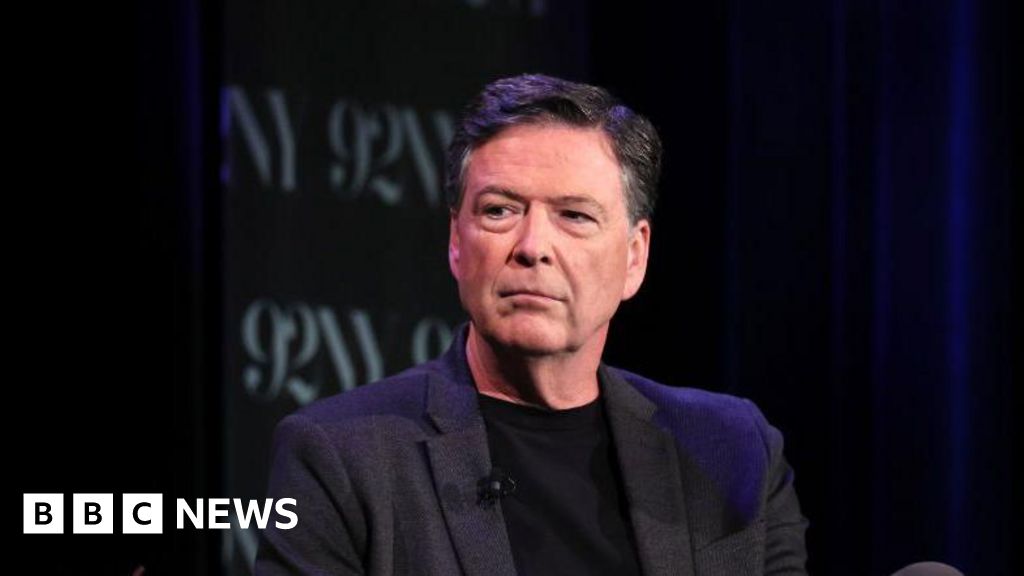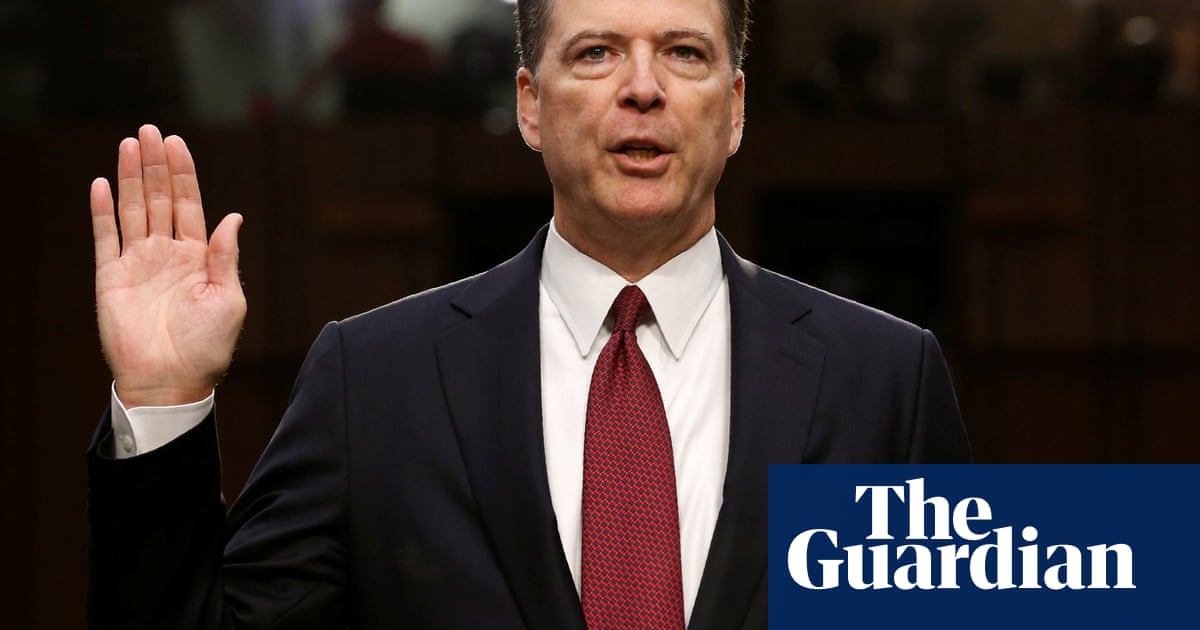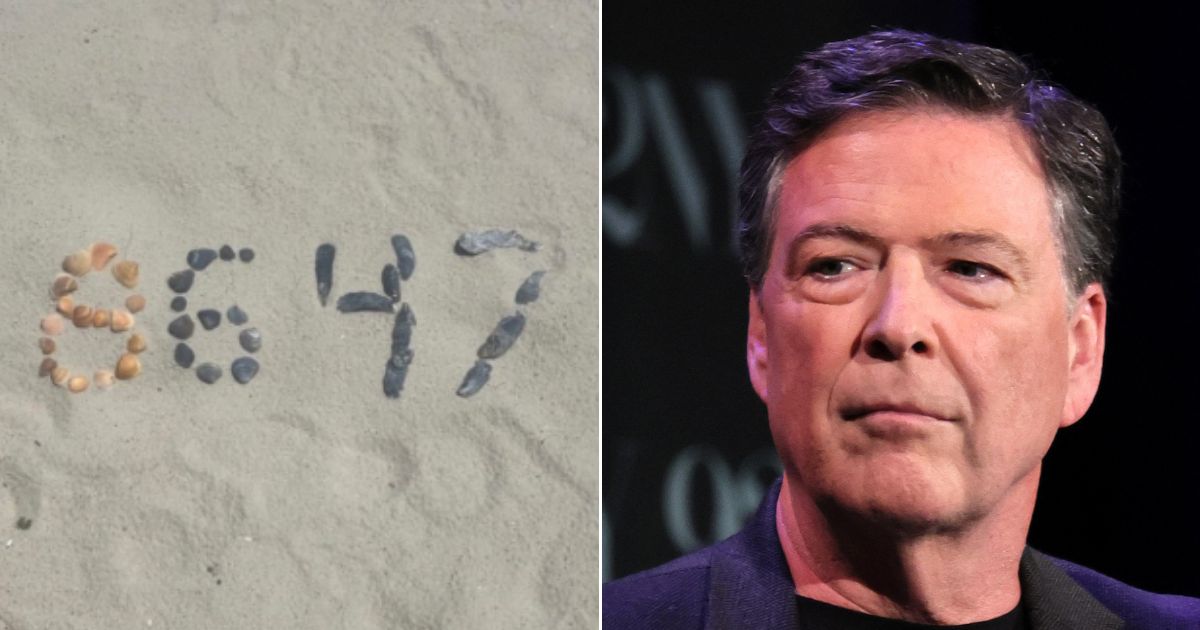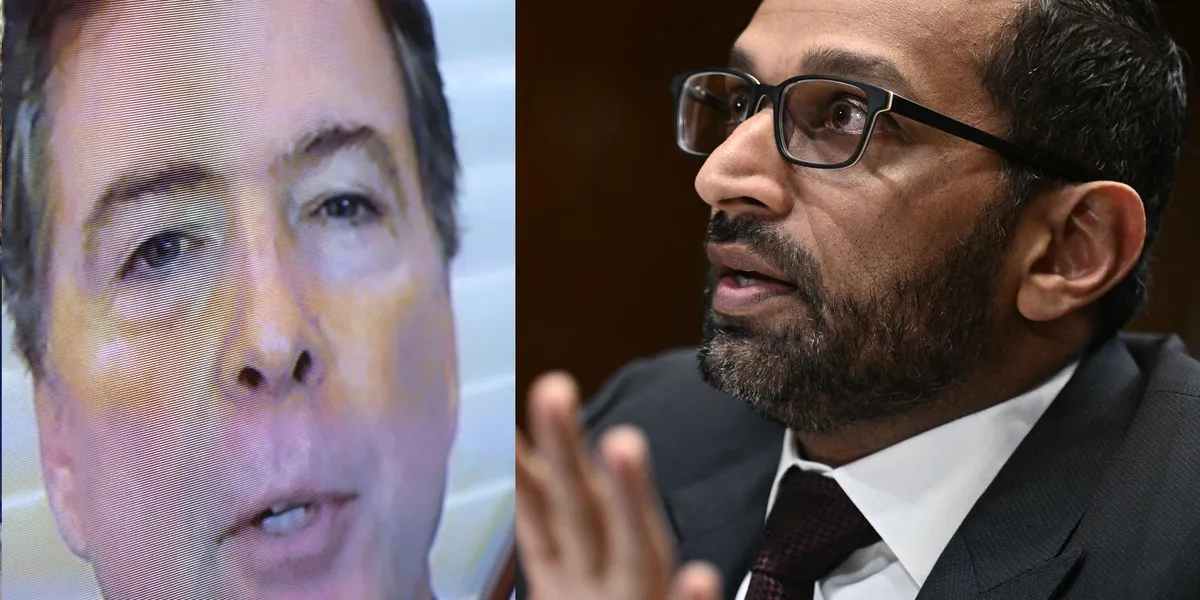James Comey Interviewed by Secret Service Over Controversial Social Media Post
Former FBI Director James Comey met with the Secret Service to discuss an Instagram post viewed as a threat to President Trump, which Comey denied.
Subscribe to unlock this story
We really don't like cutting you off, but you've reached your monthly limit. At just $5/month, subscriptions are how we keep this project going. Start your free 7-day trial today!
Get StartedHave an account? Sign in
Overview
Former FBI Director James Comey was interviewed by the Secret Service regarding a now-deleted Instagram post that Republicans claim suggests violence against President Trump. The post's imagery reportedly spelled '86 47', with '86' interpreted as slang for 'get rid of,' including implications of assassination. Comey has denied any violent intent. Trump described the post as deliberate, expressing doubt over Comey's competence. Homeland Security Secretary Kristi Noem confirmed the investigation, stating that protecting the president is paramount. Legal experts noted the challenges in prosecuting such incidents based on free speech rights.
Report issue

Read both sides in 5 minutes each day
Analysis
- The ongoing investigation into Comey's post highlights the complexities of interpreting political rhetoric, particularly in a polarized climate where meanings may be contested based on political bias.
- Despite Comey's assertion that he did not intend to communicate violence, the reaction from Trump and his allies raises important concerns about accountability and the limits of free speech in political discourse.
- The mixed responses from different political figures illuminate the division within the political sphere, drawing attention to the necessity for a more nuanced understanding of language that could be perceived as threatening.
Articles (49)
Center (11)
FAQ
The post included an image with the numbers '86 47' written in seashells on a beach, with Comey claiming it was a photo of a 'cool shell formation.' However, some interpreted '86' as slang for 'get rid of,' potentially implying violence against President Trump.
The Secret Service rigorously investigates any potential threats against those they protect, taking such rhetoric very seriously.
Prosecution is challenging due to free speech rights, making it difficult to determine intent and whether a post constitutes a viable threat or protected speech.
Trump expressed skepticism about Comey's claim of innocence, stating that Comey knew the post could be interpreted as a threat, and called it 'a terrible thing,'
The FBI is providing support to the Secret Service, which has primary jurisdiction over such matters.
History
- 6M

 3 articles
3 articles
- 6M1 article

- 6M

 4 articles
4 articles
- 6M

 4 articles
4 articles
- 6M

 5 articles
5 articles






